In 2014 I met my co-founder for the first time after a few exchanges on Twitter. We sat for hours contemplating the positive changes happening in Sudan’s cultural scene despite the grueling impacts of the war and conflict raging in different corners of the country, and the challenges the sector and its actors face to get by and excel. Andariya was born out of that discussion less than a year later, on February 6th 2015. What started as a digital magazine to tell positive cultural stories about Sudan, evolved into a multimedia platform and cultural enterprise in Sudan, South Sudan, Uganda and the region.
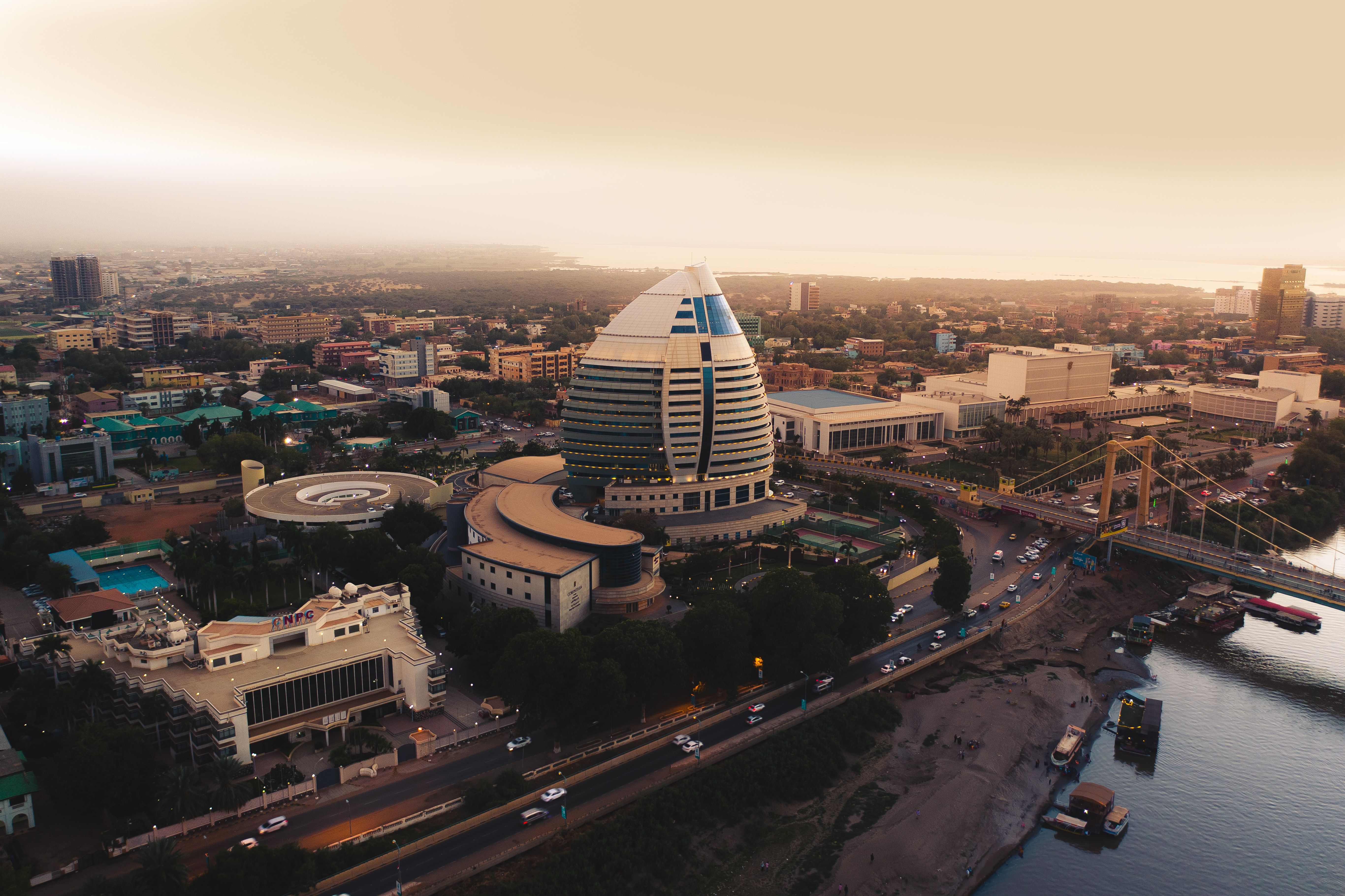
Image taken by: Abdulaziz Mohammed
When we first started in Sudan, approaching a few writers, friends and journalists to churn out bilingual content. Slowly we had a stable pace. For South Sudan, we were lost as to how to go about it, given that neither of us has been to it and knew very little about things there. We decided on the logical thing; to fly out there and canvas it for content producers who can tell stories from their lived realities. So I got my visa, booked a ticket and in August 2015, arrived in Juba for the first time to experience it and get to know what kind of content can be sourced, and who the content creators can be. For Uganda, the same thing happened, and I anticipate we’ll continue jumping into planes, traveling to new places & setting shop with the local talents we find in each country. We’ve created this creative model where we completely rely on local wisdom, our shared values and our common ambitions to have Andariya morph into what is best fit for the environment. After 6 years of rapid growth and business development, many cultural and research projects, dozens of partnerships with art hubs, artists, creators, civil society organizations and many trips, we’re adamant to expand into the continent more than ever.
Sudan has not traditionally been well connected to its African neighbors. Our relationship with certain border countries were built on strategic economical and political gains, as well as unhealthy military engagements. Sudanese people, after decades of Arabization and Islamization by several regimes, are more in tune and connected to the Arab world through travel, work, family and media exposure. A few people have crossed into Botswana, South Africa, Nigeria, Ghana, Senegal, Kenya or Chad to establish families, businesses and organizations. Most countries in Africa know very little about Sudan besides Omer ElBashir, Darfur & the war with South Sudan. This is not a coincidence; for decades, international media churned out content about these issues, completely and purposely ignoring anything else in the midst. What this created is a strongly established “brand”, stereotype or conviction about Sudan and its people.
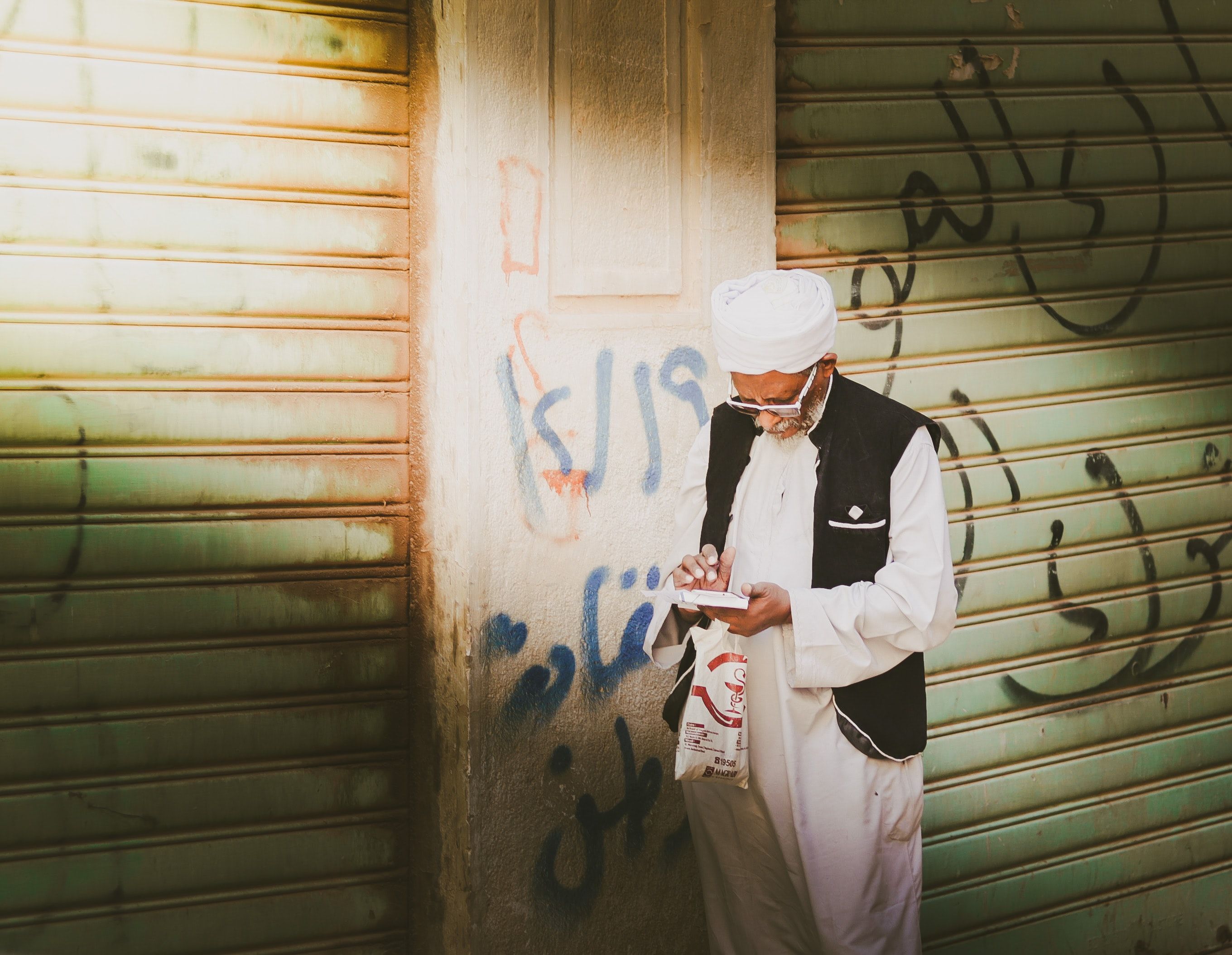
Image taken by: Baha Ahmed
The digital age allowed new voices to join traditional media and paint a different story through blogs and increasingly: online magazines, forums, digital newspapers, vlogs and influencers. Nonetheless, Sudan did not grasp the continent’s attention until 2019 when Omer ElBashir was toppled in a popular revolution that boasted peaceful slogans, battled insufferable brutality & sprung into a colorful, emotionally gripping two months sit-in that captured the world’s attention. African youth looked at Sudanese youth and recognized something familiar. We were relevant for a moment in time. We were recognized on a large scale. Yet the fanfare in international media is immeasurable compared to the statements, questions, nods and literal hugs I got on the streets of Addis Ababa, Juba, Nairobi, Hargeisa, Kampala and Marrakesh. This is the moment for us to connect, and that requires investing in trips around the continent beyond the random honeymoon in Zanzibar.
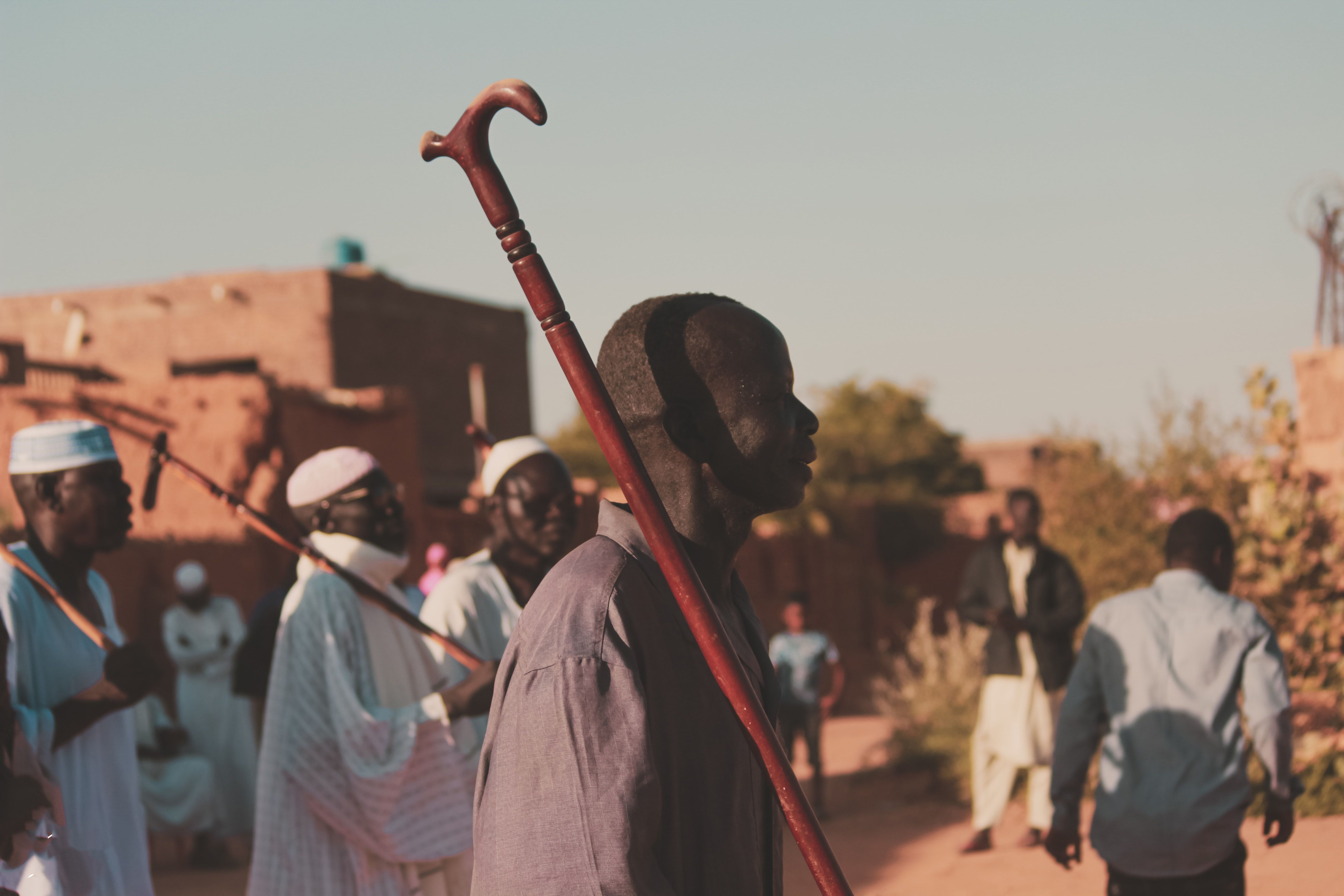
Image taken by: Yusuf Yassir
Africa is gaining momentum in many development metrics despite the shackles of corruption, war, exploitation and neo-colonial powers still gripping every corner of it. Our connection with the continent must be built on strategic relations, but do we really have a say in our government’s foreign policy on a broad scale? Unlikely after the mess of 2020. What we need is individual and collective civic effort to lead the way. Which requires a mentality of fearlessness, openness to new and different cultures, acceptance that Sudan’s systems, policies and structures of management are outdated and the drive to update one’s own are necessary to compete or even gain a foot inside many African countries. Many believe Sudan can be the gateway to Africa as it blends the richness of African heritage mixed with multiple other ethnic expressions, languages, topographies & endowments. Currently, we’re not capitalizing on our diversity and closeness with the Horn and East of Africa, nor leveraging our connection and proximity to North Africa and the Middle East. A wholesome approach is what is needed, rather than the traditionally Arab-tipped one.
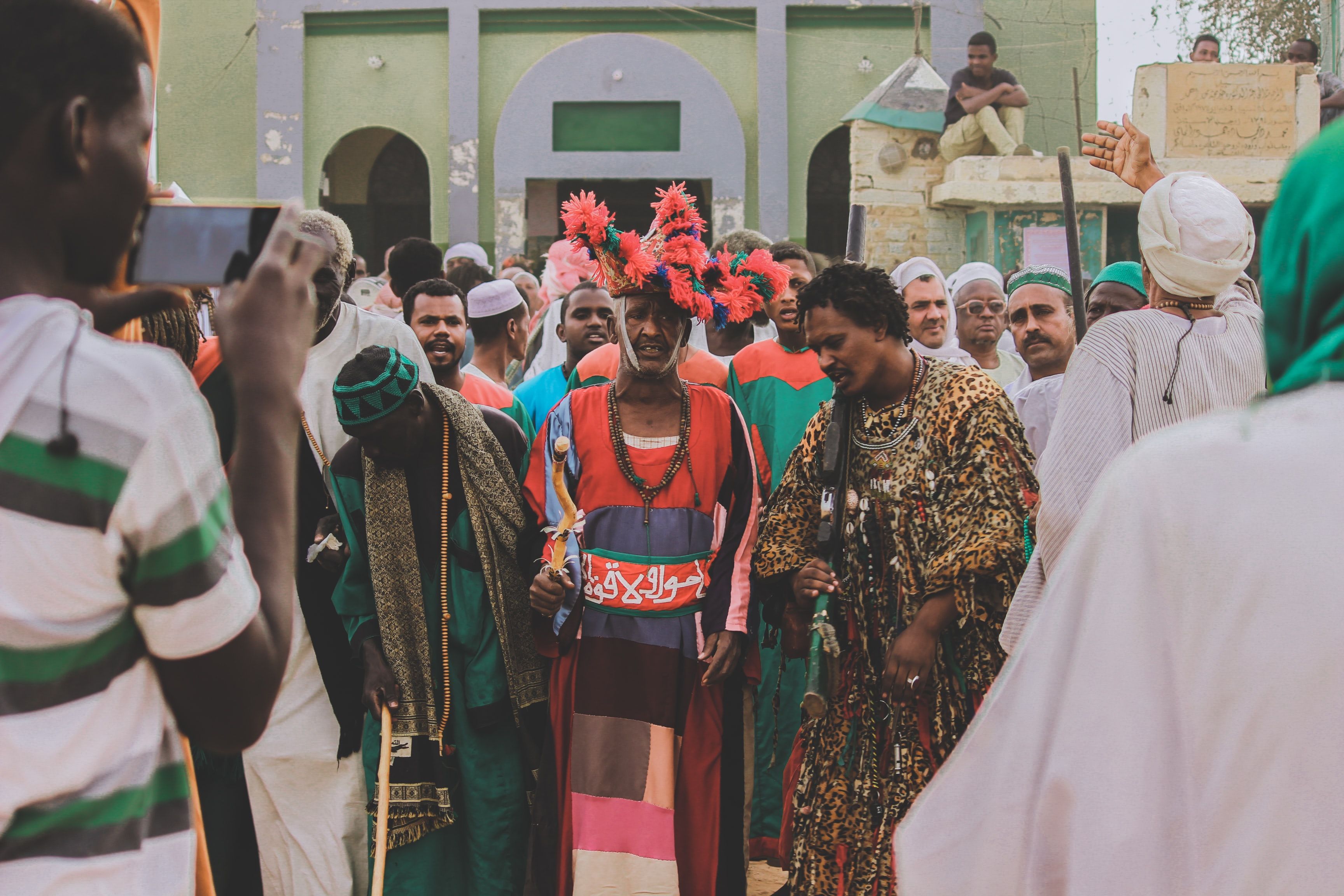
Image taken by: Yusuf Yassir
In our journey, we learned that having a headquarter in each country is going to be unfeasible, but having a headquarters in a country with good key business performance indicators (such as Uganda) is essential. A decentralized approach, strong remote work force and young, vibrant and like-minded teams are the secret sauce to our expansion. As we go into 2022, we will continue publishing from the wider East and Horn of Africa regions, and plan to continue to accelerate our content from there. Continuing to build a content library where someone can come and read about Sudan, South Sudan, Uganda, Kenya, Somaliland, Eritrea, Ethiopia, Rwanda and many more is key to driving conversations between these countries, piquing interest in several industries, encouraging people to travel and explore.
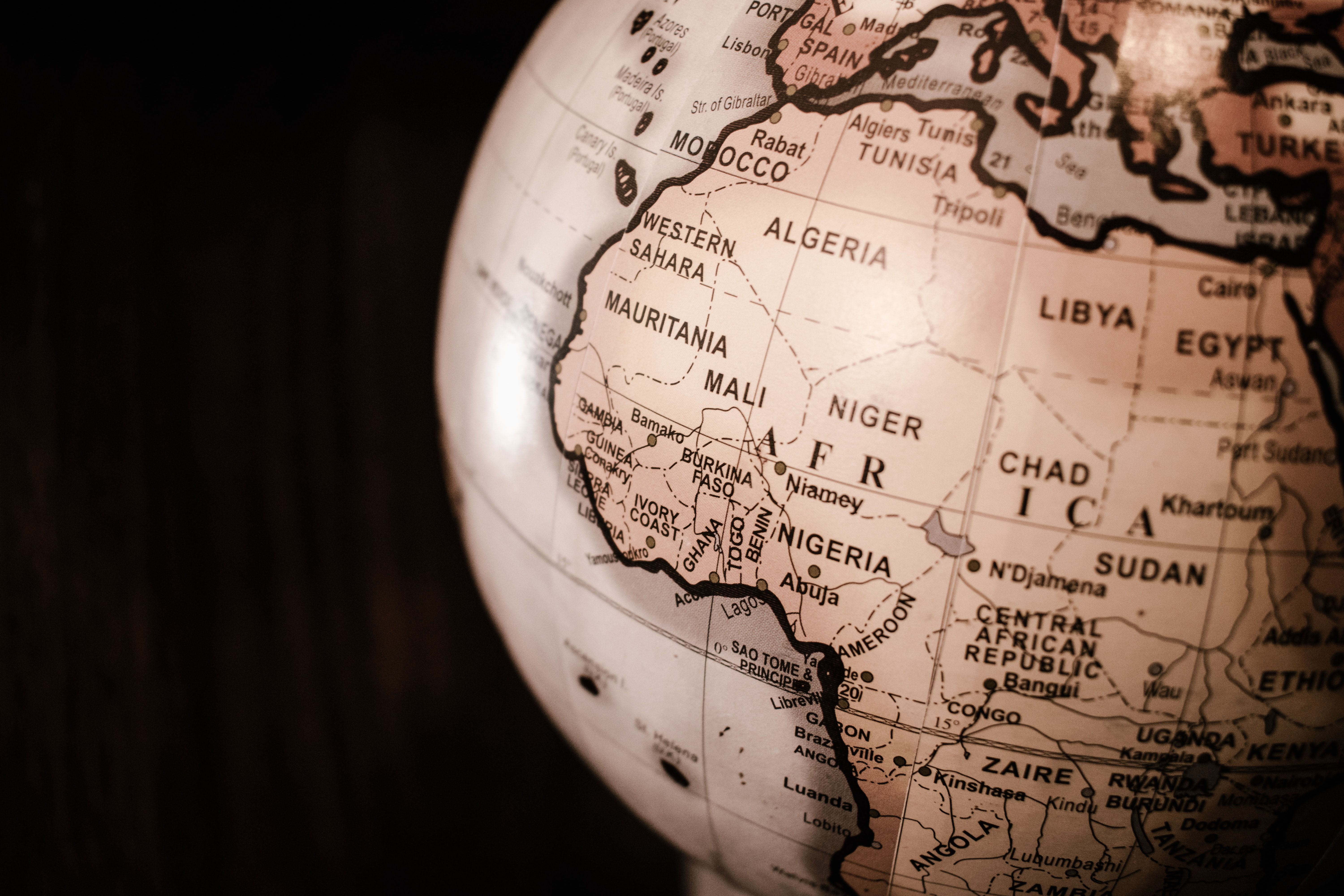
Image taken by: James Wiseman
While we currently only have English and Arabic, we hope to soon include other continental languages to facilitate conversations with larger demographics and enhance the footprint of these languages in an English dominated internet. With the cross-cultural projects component being a key element in solidifying partnerships between countries- especially in the arts and culture sectors, we intend to push that further. In 2018, after a workshop with musicians, Sudanese and South Sudanese artists we took to Uganda and Egypt as part of the #AndariyaRoadshow project ended up creating music with local artists and recording albums with connections they established during these trips. Can Sudan seize this moment and open up to the African continent to create meaningful and mutually beneficial collaborations across several industries? We are, and we hope others will follow suit.

Image source: NASA
This article was originally published in AlHadatha magazine and is republished here with their permission.
